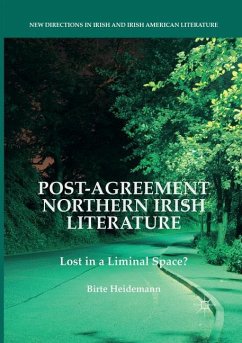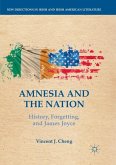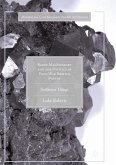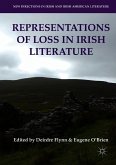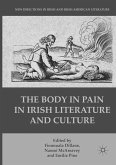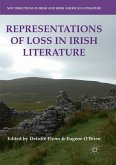This book uncovers a new genre of 'post-Agreement literature', consisting of a body of texts - fiction, poetry and drama - by Northern Irish writers who grew up during the Troubles but published their work in the aftermath of the Good Friday Agreement. In an attempt to demarcate the literary-aesthetic parameters of the genre, the book proposes a selective revision of postcolonial theories on 'liminality' through a subset of concepts such as 'negative liminality', 'liminal suspension' and 'liminal permanence.' These conceptual interventions, as the readings demonstrate, help articulate how the Agreement's rhetorical negation of the sectarian past and its aggressive neoliberal campaign towards a 'progressive' future breed new forms of violence that produce liminally suspended subject positions.
Bitte wählen Sie Ihr Anliegen aus.
Rechnungen
Retourenschein anfordern
Bestellstatus
Storno

